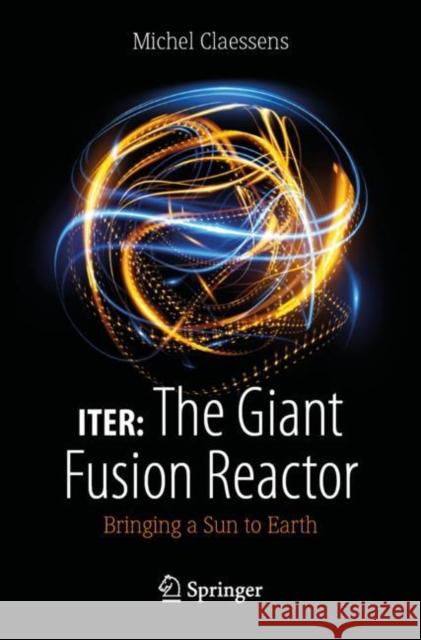Iter: The Giant Fusion Reactor: Bringing a Sun to Earth » książka
topmenu
Iter: The Giant Fusion Reactor: Bringing a Sun to Earth
ISBN-13: 9783030275808 / Angielski / Miękka / 2019 / 216 str.
Kategorie:
Kategorie BISAC:
Wydawca:
Springer Nature Switzerland AG
Język:
Angielski
ISBN-13:
9783030275808
Rok wydania:
2019
Dostępne języki:
Ilość stron:
216
Waga:
0.32 kg
Wymiary:
23.11 x 16.26 x 0.76
Oprawa:
Miękka











